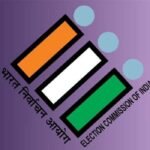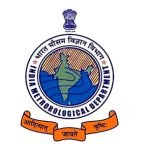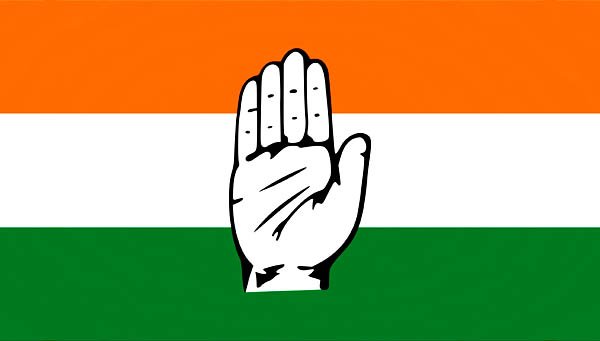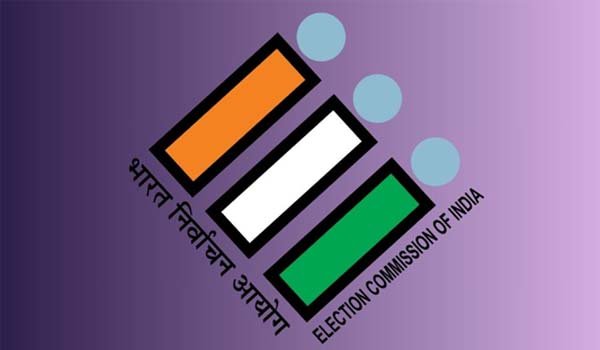New Delhi, Oct 9 (UNI) The World Health Organization (WHO) in a press statement today said that it is closely monitoring the health situation in India following sporadic cases of illness and deaths among children in Madhya Pradesh and Rajasthan.
Yesterday, the agency received confirmation from the Indian Drug Regulatory Authority – Central Drugs Standard Control Organisation of India (CDSCO) that Diethylene Glycol (DEG) had been detected in at least three oral syrup medicines.
These medicines were among those consumed by children in the reported cluster of cases. However, none of the contaminated cough syrups that led to deaths of children were exported from India to other countries, CDSCO informed WHO.
The response came after the WHO sought clarification from India whether the tainted cough syrup linked to over 20 child deaths in the country has been exported to other countries.
The Indian Drug Regulatory Authority further noted that contaminated products include Coldrif, Respifresh TR and ReLife adulterated with 48.6 per cent DEG, 1.342 per cent DEG, and 0.616 per cent DEG, respectively.
CDSCO informed WHO that the above products have been recalled and that the identified manufacturers have been ordered to stop production of all medical products.
Although until yesterday WHO has not received any official information as to the source of the DEG contamination or if contaminated pharmaceutical material has been identified, the statement read.
Following this the global health agency has extended its support to the Indian national authorities in investigating and responding to these tragic events, the statement added.
In a press note, the WHO also flagged regulatory gaps in DEG/EG screening for medicines intended for domestic use.
It urged Indian agencies to trace the source of contamination and remove any tainted pharmaceutical material still in circulation, citing the potential risk of contaminated products being exported to other countries, particularly via unregulated channels.
In a press note, the WHO flagged regulatory gaps in DEG and EG screening for medicines intended for domestic use.
It urged Indian agencies to trace the source of contamination and withdraw any tainted pharmaceutical material still in circulation, warning that contaminated products could have a potential risk of being exported through unregulated channels.











